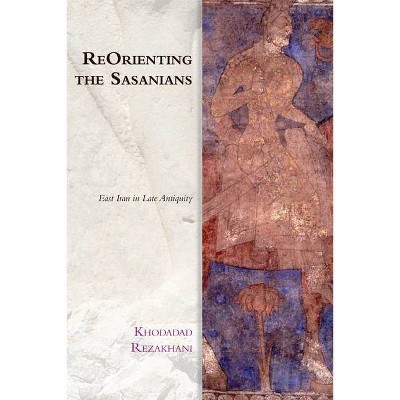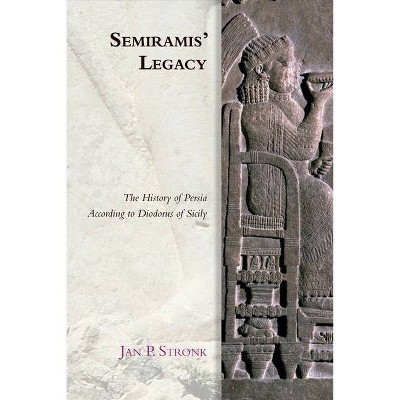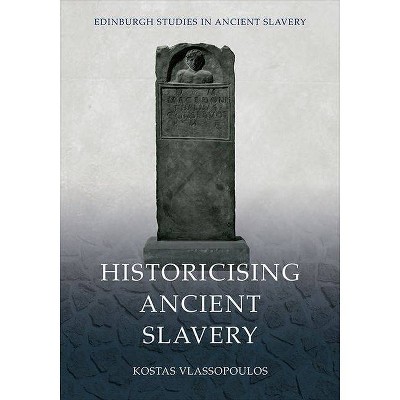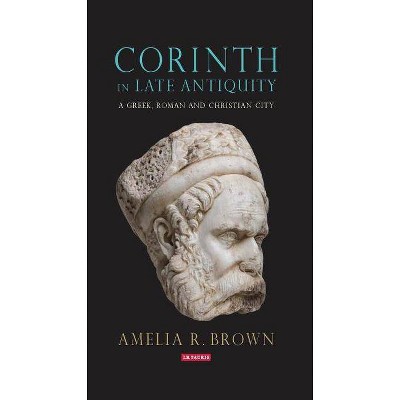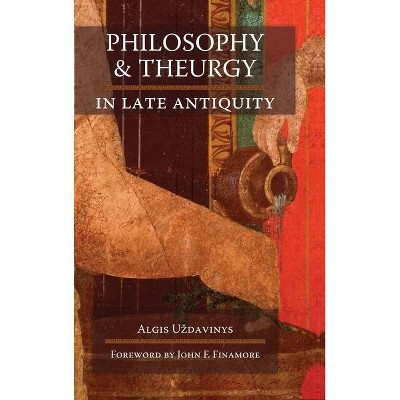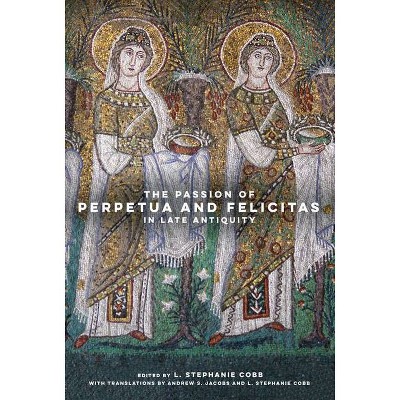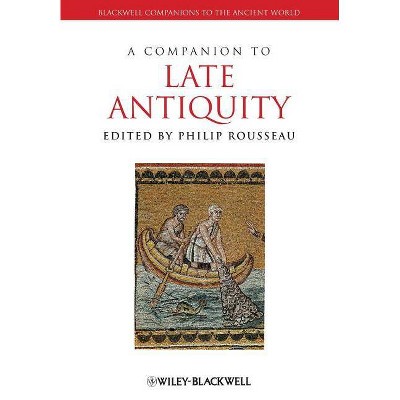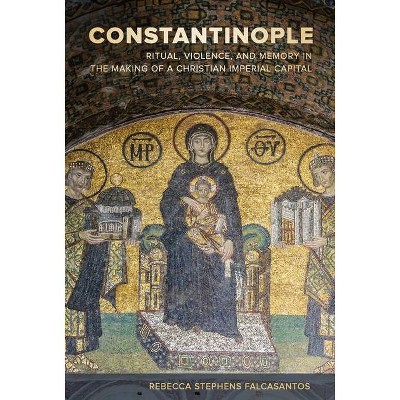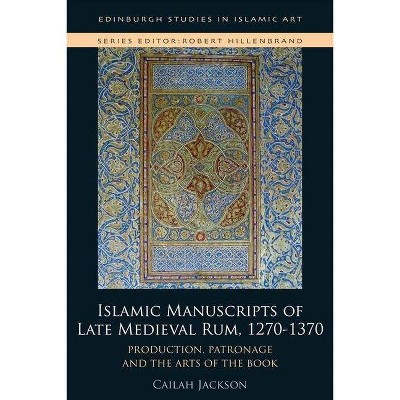Zoroastrian Scholasticism in Late Antiquity - (Edinburgh Studies in Ancient Persia) by Arash Zeini (Hardcover)
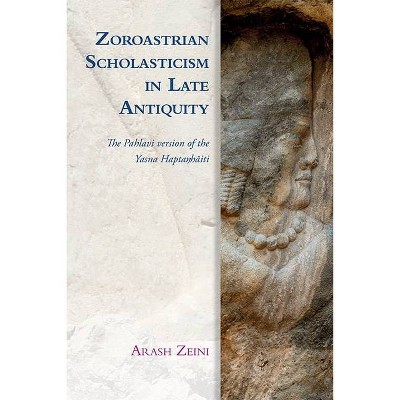
Similar Products
Products of same category from the store
AllProduct info
<p/><br></br><p><b> About the Book </b></p></br></br><p>Zeini challenges the view that considers the Zand's study an auxiliary science to Avestan studies, framing the text instead within the exegetical context from which it emerged. </p><p/><br></br><p><b> Book Synopsis </b></p></br></br><p><strong>Examines Zoroastrian exegesis by investigating a late antique translation of an ancient Iranian text</strong></p> <p></p> <ul> <li>Challenges the view that considers the study of the <i>Zand</i> an auxiliary science to Avestan studies</li> <li>Views the <i>Zand</i> of the YH as a text in its own right and investigates it within the wider Pahlavi leiterature</li> <li>Considers the so-called glosses in the <i>Zand</i> for the first time as an integral part of the text</li> <li>Offers a <i>variorum</i> edition of the Middle Persian text, refusing to establish an Urtext</li> <p></p></ul> <p>In late antiquity, Zoroastrian exegetes set out to translate their ancient canonical texts into Middle Persian, the vernacular of their time. Although undated, these translations, commonly known as the <i>Zand</i>, are often associated with the Sasanian era (224-651 ce). Despite the many challenges the <i>Zand </i>offers to us today, it is indispensable for investigations of late antique exegesis of the <i>Avesta</i>, a collection of religious and ritual texts commonly regarded as the Zoroastrians' scripture.</p> <p></p> <p>Arash Zeini also offers a fresh edition of the Middle Persian version of the Avestan <i>Yasna Haptaŋhāiti</i>, a ritual text composed in the Old Iranian language of Avestan, commonly dated to the middle of the second millennium bce. Zeini challenges the view that considers the Zand's study an auxiliary science to Avestan studies, framing the text instead within the exegetical context from which it emerged. </p> <p></p><p/><br></br><p><b> From the Back Cover </b></p></br></br>Examines Zoroastrian exegesis by investigating a late antique translation of an ancient Iranian text In late antiquity, Zoroastrian exegetes set out to translate their ancient canonical texts into Middle Persian, the vernacular of their time. Although undated, these translations, commonly known as the Zand, are often associated with the Sasanian era (224-651 CE). Despite the many challenges the Zand offers to us today, it is indispensable for investigations of late antique exegesis of the Avesta, a collection of religious and ritual texts commonly regarded as the Zoroastrians' scripture. Arash Zeini also offers a fresh edition of the Middle Persian version of the Avestan Yasna Haptaŋhāiti, a ritual text composed in the Old Iranian language of Avestan, commonly dated to the middle of the second millennium BCE. Zeini challenges the view that considers the Zand's study an auxiliary science to Avestan studies, framing the text instead within the exegetical context from which it emerged. Arash Zeini is a lecturer and postdoctoral fellow at the Institute of Iranian Studies, Freie Universität Berlin.<p/><br></br><p><b> About the Author </b></p></br></br><p>Arash Zeini is a Postdoctoral Research Fellow at the Institute of Iranian Studies, Freie Universität Berlin. Following his PhD at SOAS, he held a Research Fellowship at the University of St Andrews. This project is based on his PhD thesis and is his first book. He has published a number of journal articles and has chapters forthcoming in <i>The Oxford Dictionary of Late Antiquity</i> and <i>The Oxford Bahari Lectures</i>.<p>
Price History
Price Archive shows prices from various stores, lets you see history and find the cheapest. There is no actual sale on the website. For all support, inquiry and suggestion messages communication@pricearchive.us
